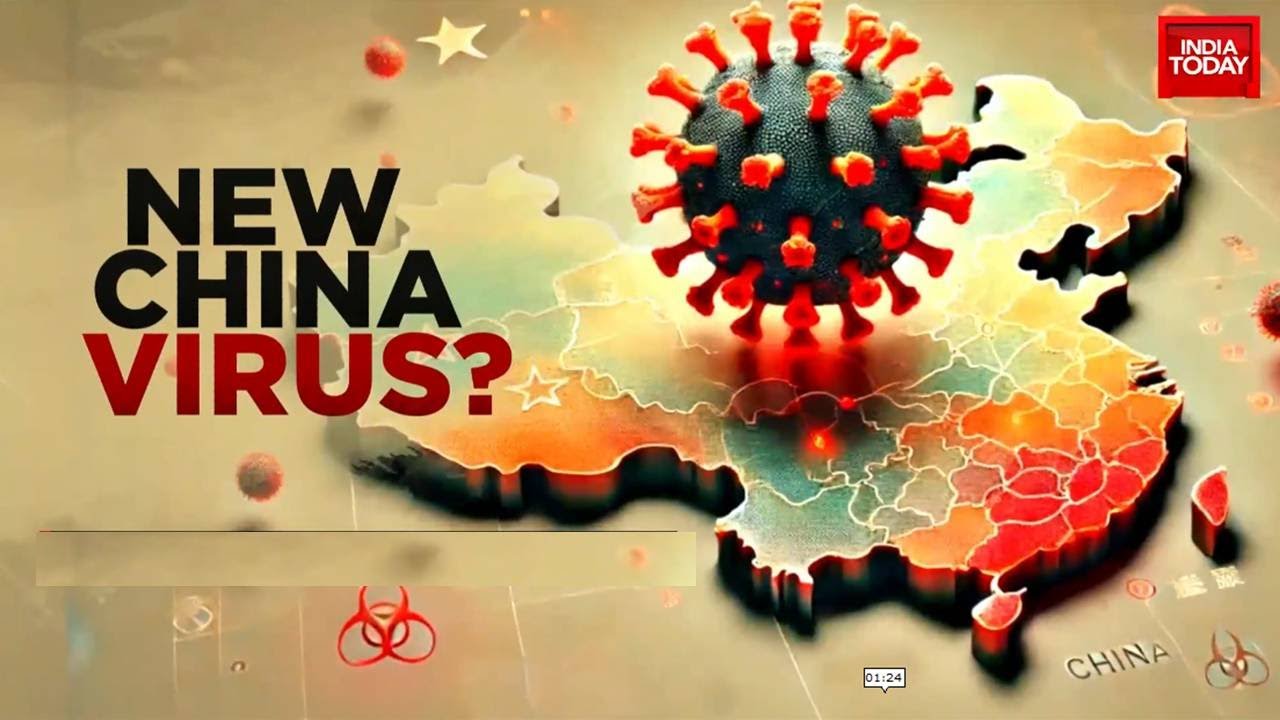- China is experiencing an outbreak of human metapneumovirus (HMPV), with symptoms similar to the flu, particularly affecting children under 14. TheTimes.co.uk
- HMPV infections are causing respiratory issues, including bronchitis and pneumonia, primarily spreading through droplets or close contact. FinancialExpress.com
- Hospitals in northern and southern provinces report rising HMPV cases, but Hong Kong has maintained low infection rates. HongKongFP.com
- There is no vaccine or specific antiviral treatment for HMPV; prevention focuses on hygiene and symptom management. Newsweek.com
- Chinese officials state that HMPV is one of several respiratory illnesses peaking this winter, including influenza and rhinovirus. LiveScience.com
This perspective views the HMPV outbreak in China as a significant public health challenge requiring immediate attention. It emphasizes the impact on vulnerable populations, such as children and the elderly, and calls for stronger preventive measures like improved hygiene and public awareness campaigns. The lack of vaccines and specific antiviral treatments is highlighted, underscoring the need for global health cooperation to manage the outbreak effectively.
This perspective critiques the comparison of the HMPV outbreak to the early days of COVID-19, suggesting that such analogies may cause unnecessary panic. It highlights the differences in transmissibility and severity, pointing out that HMPV is a known virus with established patterns and less potential for global disruption. The perspective also notes the role of social media in amplifying unverified claims, which may not reflect the actual scope of the outbreak.
This perspective focuses on the Chinese government's efforts to monitor and control the spread of HMPV. It underscores official statements that respiratory infections are expected during the winter season and reassures the public that health systems are prepared. Measures such as establishing laboratory protocols, promoting hygiene practices, and piloting pneumonia monitoring systems are cited as evidence of a proactive approach. However, it also acknowledges the historical criticism faced by Chinese authorities during the early stages of the COVID-19 pandemic.
Details
Analysis
Bias

Reactions
The article highlights potential risks, such as 'neighboring countries monitoring the situation,' while questioning China's transparency. This framing aligns more with a critical tone.
Read full article
The article's emphasis on fears of overwhelmed hospitals and potential spread mirrors a critical perspective, reflecting skepticism.
Read full article
The article amplifies concerns by stating, 'The outbreak is similar in scale to the COVID outbreak,' which suggests a critical view of the situation.
Read full article
Negative
Sentiment
The article maintains a neutral tone by focusing on the details of the outbreak, such as symptoms and the demographic most affected, while acknowledging public fears and China's official reassurances. For example, it reports, 'It was not clear whether the photographs and videos of hospitals showed patients with HMPV or other seasonal viruses.'
Read full article

The article notes, 'Unlike COVID-19, HMPV has been circulating in populations and has established seasonal patterns,' which downplays panic and maintains objectivity.
Read full article
By focusing on guidelines such as 'wearing masks and avoiding crowded areas,' the article provides actionable advice without amplifying fear.
Read full article
The article states, 'While HMPV infections have risen in mainland China, Hong Kong has not witnessed a similar trend,' which maintains an informative and balanced tone.
Read full article
The article focuses on practical advice, such as, 'Avoid crowded areas and maintain good hygiene,' to inform rather than sensationalize.
Read full article
The article notes, 'HMPV belongs to the same family of viruses as RSV,' which provides clarity without unnecessary dramatization.
Read full article

The article states, 'HMPV is already circulating in China and the US, meaning it is familiar to the immune system,' which reduces panic and maintains objectivity.
Read full article
Neutral
Sentiment
Positive
Sentiment


